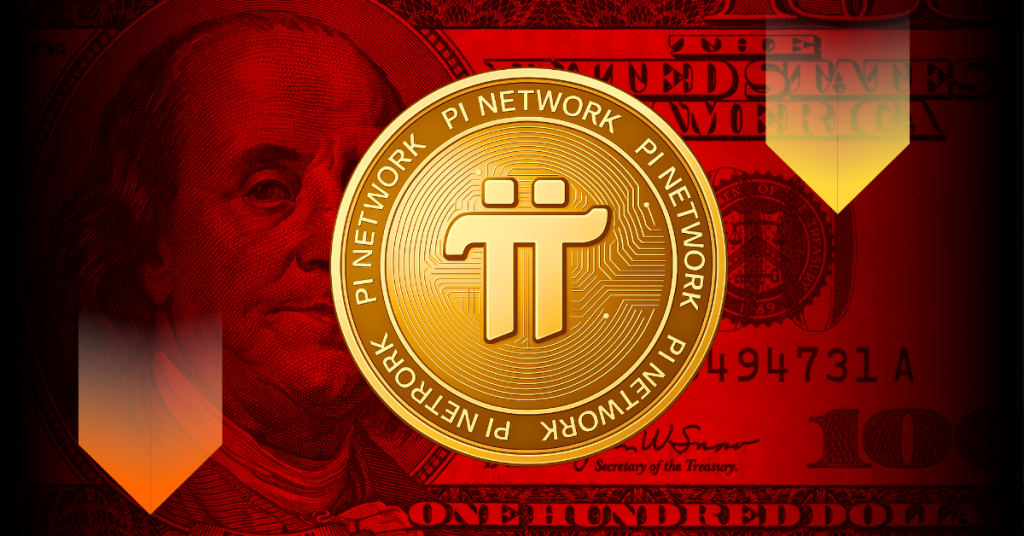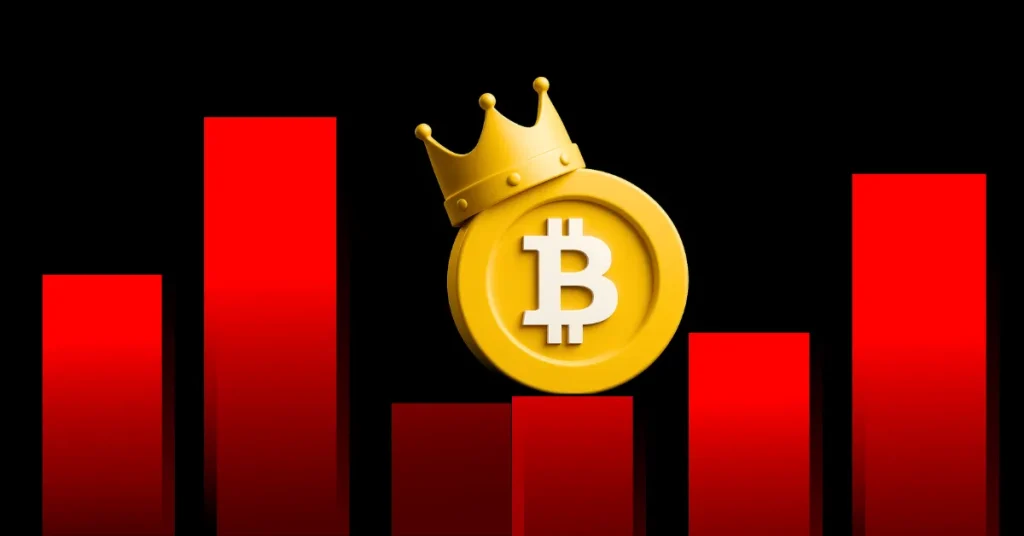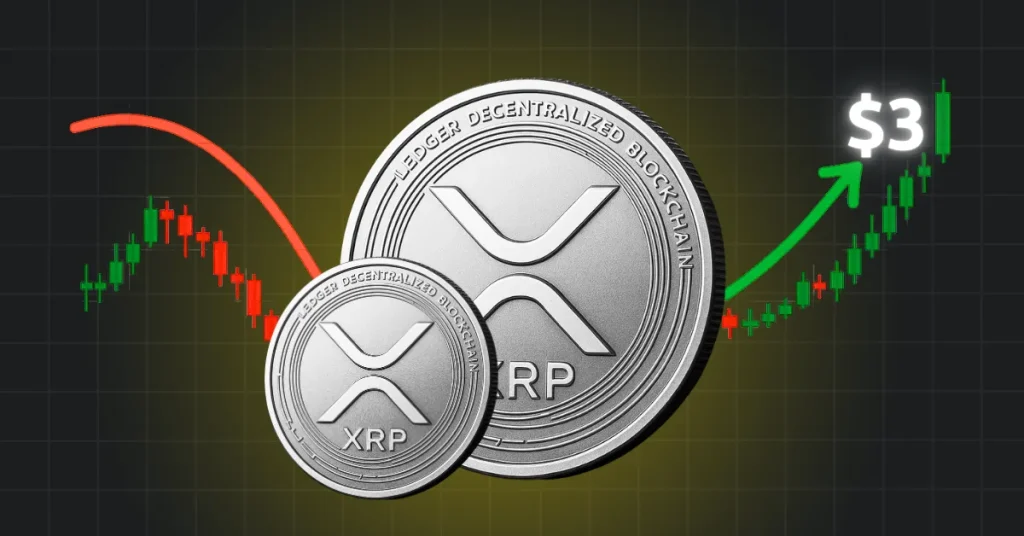Japan has emerged with the highest losses worldwide from North Korean cyberattacks targeting crypto exchanges, as recent reports indicate that Japan’s financial institutions and individuals incurred approximately 30% of the total losses attributed to North Korean crypto hacking. The Japanese government has been particularly vocal about the need for enhanced cybersecurity measures to combat these malicious activities. But despite ongoing efforts to bolster their defenses, Japanese exchanges have been a primary target, suffering substantial financial losses and tarnishing the country’s reputation as a secure hub for digital assets. Japan’s 30% Crypto Losses The Elliptic report from a leading blockchain analytics firm, Nikkei, reveals that Japan suffered a staggering $721 million in losses, accounting for about 30% of the total amount hacked globally. The numbers were culled from hacks that occurred between 2017 and 2022, reaching a total amount of $2.3 billion. Notably, in 2022 alone, the digital asset ecosystem lost an estimated $640 million worth of cryptocurrency. A Reuters report from the United Nations revealed that digital currency theft exploits in North Korea hit a new high in 2022. The report also showed that the second most-attacked nation was Vietnam, losing approximately $540 million within the same period. Related Reading: Ledger Scam: Scammers Mail Hacked Ledger Devices To Steal Crypto The United States was the third nation on the list, and Hong Kong came out in fourth place, with $497 million and $281 million losses, respectively. Meanwhile, the Elliptic findings shed light on the vulnerability of the Japanese cryptocurrency market, including that of the Vietnamese. It noted that both markets have lax security measures, making it an attractive target for hackers seeking to exploit weaknesses and gain illicit access to digital assets. The significant losses incurred by Japan reflect the growing threat posed by North Korean hacking groups, which have increasingly targeted cryptocurrency exchanges and platforms worldwide. Notable Exploits From North Korea’s Lazarus Group The Lazarus Group is believed to act on behalf of the North Korean regime to bypass international sanctions and fund illicit activities. This group has orchestrated some of the most significant exploits in the cryptocurrency world, with the Ronin Bridge exploit and the Harmony Bridge hack among their audacious heists. Related Reading: DOJ Crypto Task Force Goes After DeFi Hackers As Illicit Activity Soars Meanwhile, North Korean hackers have also been engaging in the theft of Non-fungible tokens (NFTs). But their criminal activities didn’t stop there. They demonstrated a remarkably sophisticated strategy for laundering their ill-gotten gains. They employed decentralized crypto mixers and finance services to launder the origins of the stolen funds, making it incredibly challenging to trace their illicit activities. This method allowed them to convert the stolen cryptocurrency into untraceable forms, further complicating any attempts to recover the stolen assets. Featured image from Pixabay and chart from Tradingview.com














